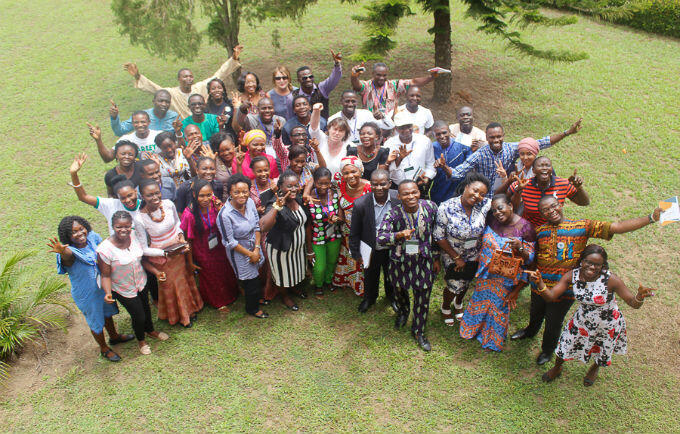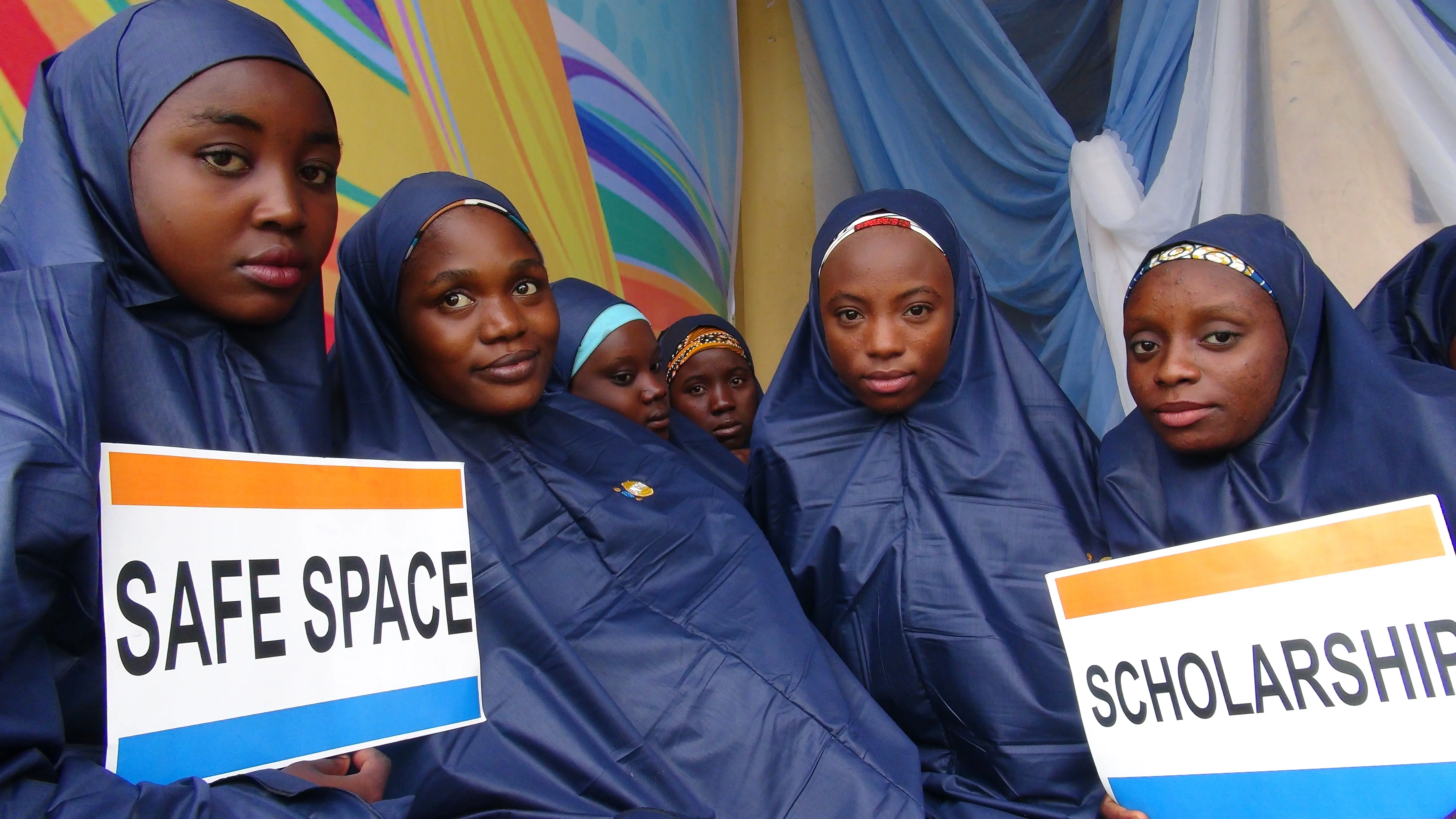“In a community where I advocate for the abandonment of female genital mutilation (FGM), pregnant women are abandoned during childbirth. Hajiya (I never got to know her real name) was a victim. She was neglected and ridiculed as a warning to every uncut female. I can still hear the abuses thrown at her, the mockery, the warnings, the curses, and the scorn. I ran forward to help as she was in pain but I was too late. She had been in labor for two days.” – Gift Abu an activist in Nigeria.
Female genital mutilation (FGM) comprises all procedures that involve altering or injuring the female genitalia for non-medical reasons and is recognized internationally as a violation of the human rights of girls and women.
In Nigeria, female genital mutilation (FGM) is habitually carried out on babies within 8-40 days of birth, adolescents or youths as a passage to adulthood and pregnant women prior to childbirth. About 3 in 10 women between the ages of 15-49 have been subjected to a form of FGM in the country, putting the prevalence rate at 24.5% according to the 2013 Nigeria Demographic and Health Survey. This number is declining but is still unacceptably high. It varies across states, among ethnic groups and according to the level of poverty and education of girls and their mothers. In Nigeria, the practice of FGM is mainly prevalent in 6 high burden States – Ebonyi, Ekiti, Imo, Lagos, Osun, and Oyo.
The practice of FGM is a social norm that is perpetuated by deeply engrained cultural beliefs and myths that instill fear in the minds of the people. “Every woman will be afraid of barrenness, segregation or death if she was raised to believe that FGM means the fulfillment of womanhood” said Dr. Comfort Momoh, a UK-based activist. She explained that changing these perceptions require an intensive campaign that includes a strategy for community dialogue, mobilization and behavioral change. We need to amplify the truth about FGM, that it is an abuse against girls and women, scars them for life, violates their reproductive health and rights, and leads to many harmful health consequences including severe childbirth complications and.
Sustainable Development Goal 5 which focuses on achieving gender equality and the empowerment of all women and girls, contains a specific target calling for to the elimination of FGM and other harmful practices that violate girls’ rights and prevent them from fulfilling their full potential. The United Nations Population Fund (UNFPA) together with UNICEF, leads the largest global programme for the abandonment of FGM in 17 Countries in Africa, including Nigeria.
UNFPA is working with governments, partners and other UN agencies to directly tackle FGM and many other challenges that violate rights and hold back young people. Till date, significant progress has been made. Examples include, (i) UNFPA’s support of the Violence against Persons Prohibition Bill that was enacted into law in 2015, to prohibit the practice of FGM in the country; (ii) the recording of the existence of 250 babies who have remained unmutilated for 402 days, a feat unheard of, in Osun State, one of the high burden States (76.3% prevalence rate), where the practice is carried out on babies within 40 days of birth.
Her Excellency Mrs. Aisha Mohammadu Buhari, the wife of the president, together with the wives of the Governors, Senators, Members of the House of Representatives and other political leaders have raised their voices and joined the campaign towards the elimination of female genital mutilation within a generation.
“We are all activists and female genital mutilation must end. We are committed to this cause and we need to make sure that women like Hajiya never have to suffer like this,” says Ratidzai Ndhlovu the UNFPA Representative.
Ololade Daniel



